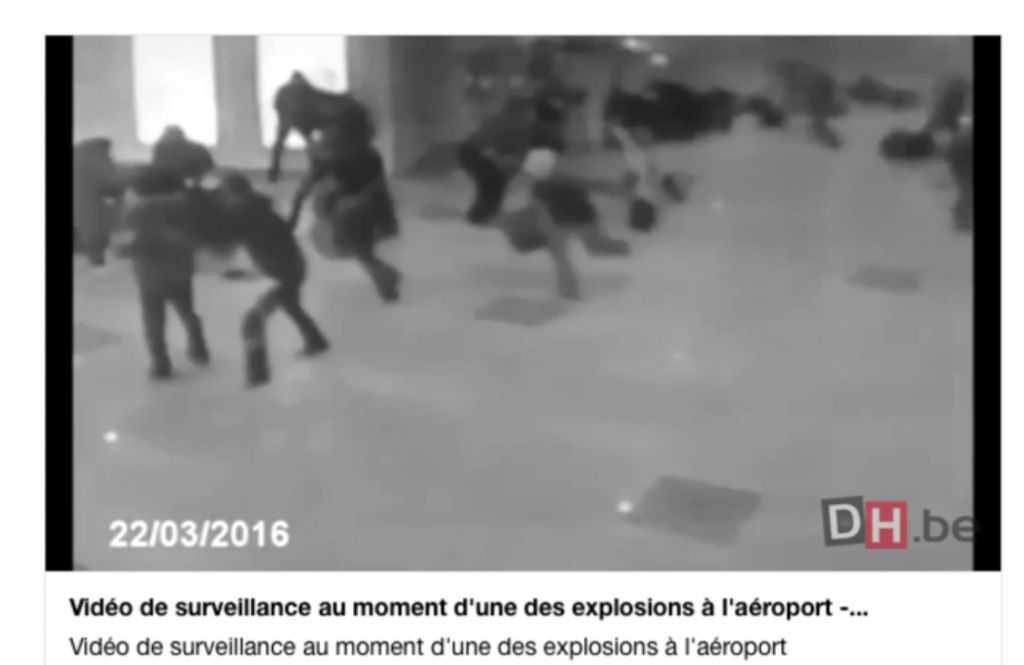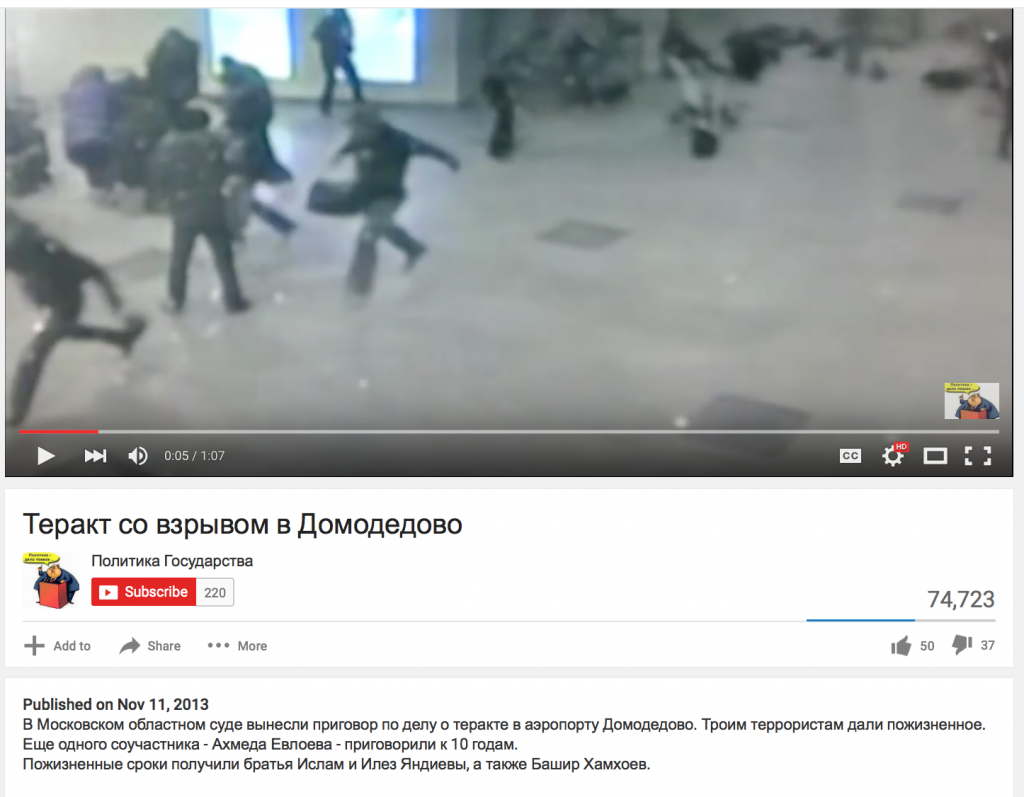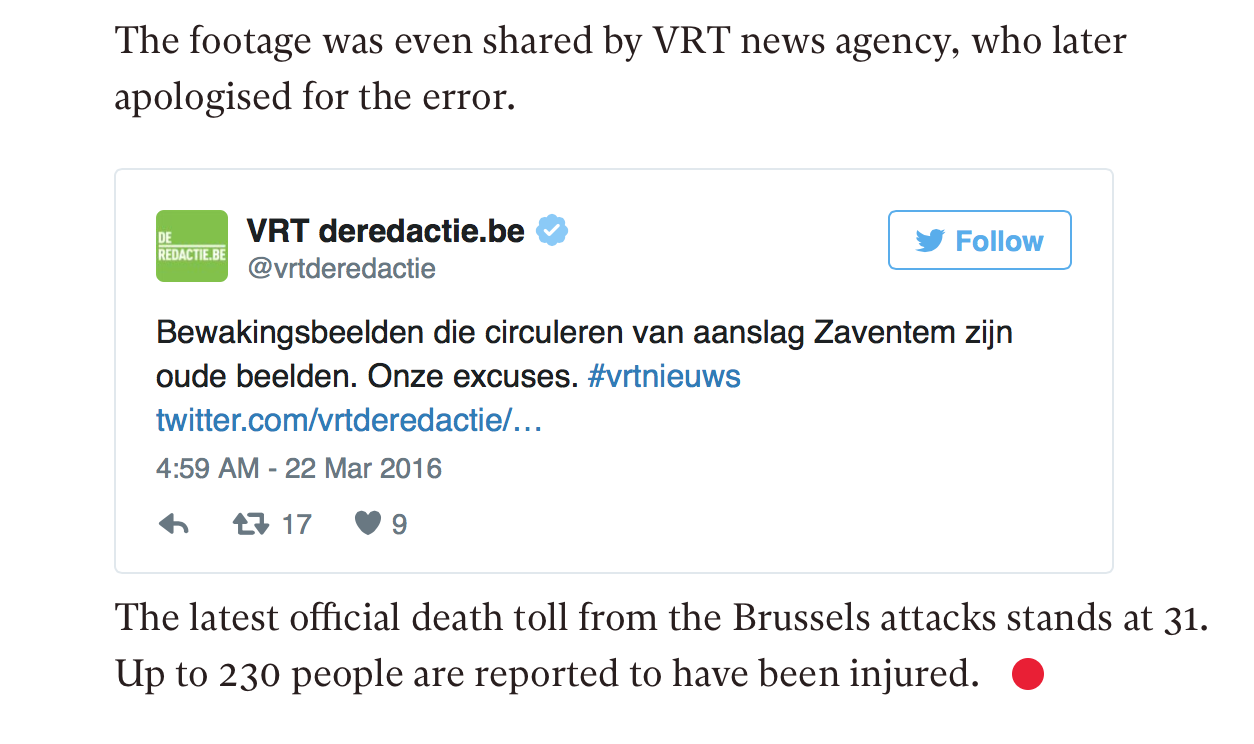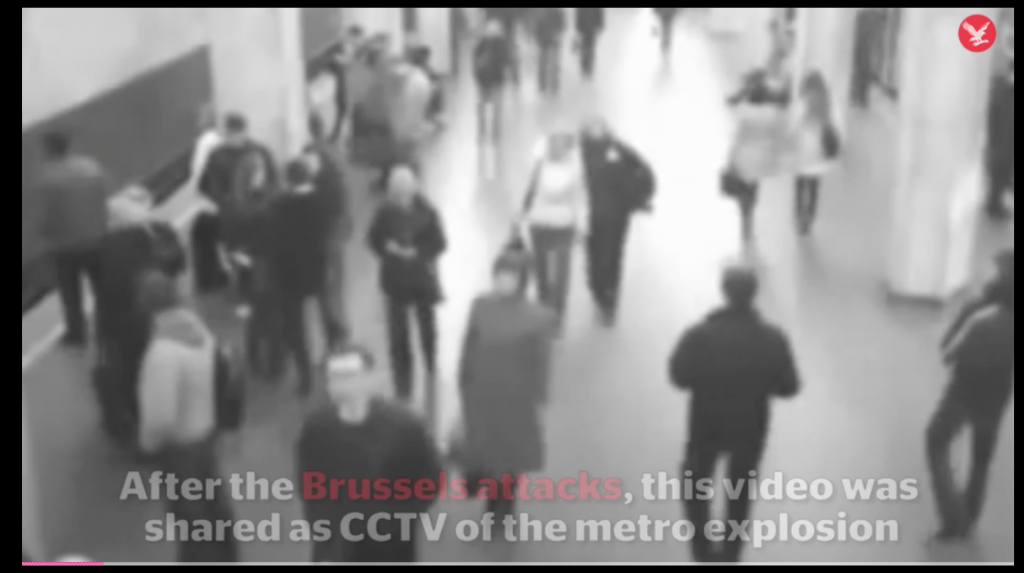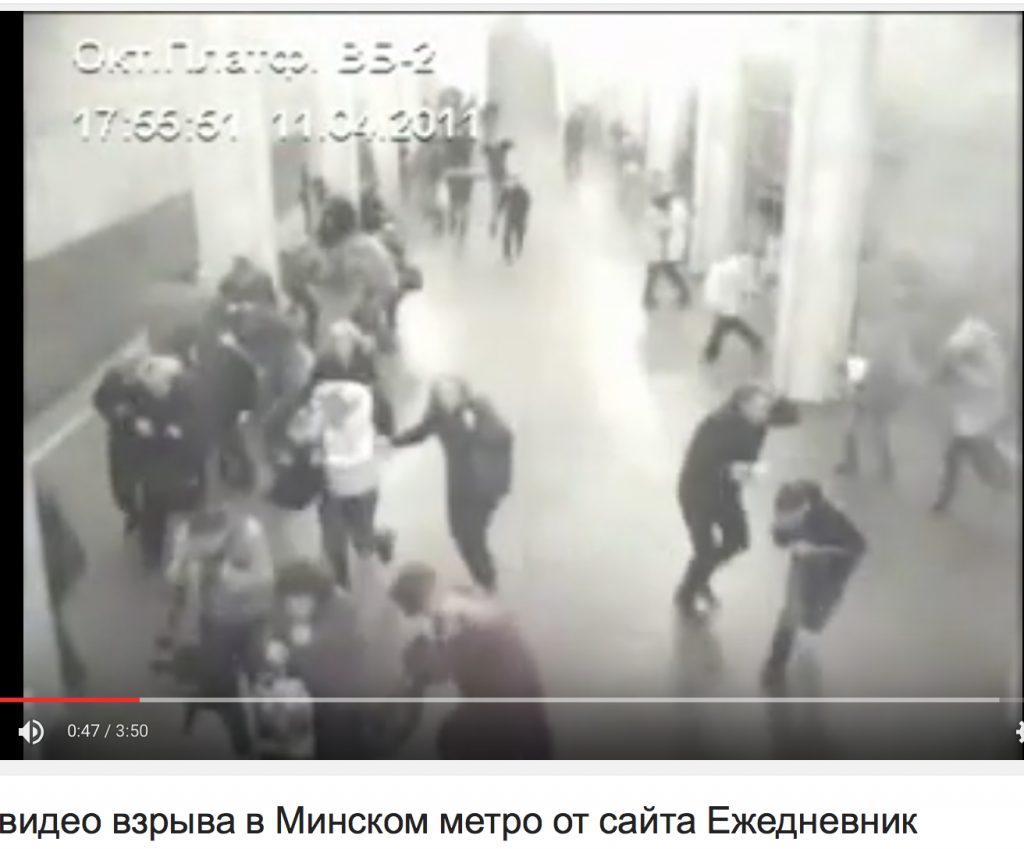Media Manipulation: More Fake Video Reports of the Brussels Terror Attacks
Sofar two cases of fake videos: can we trust the mainstream media reports concerning the Brussels terror attacks?
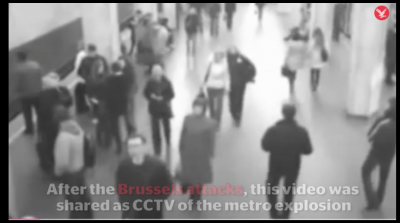
One of the first videos published by Belgium’s mainstream media, was, according to reports, from the CC security surveillance cameras at Brussels airport. The video report was released at 9.07am, one hour after the first bomb attack at the airport.
The video was fake. What Derniere Heure and La Libre published was footage from a January 2011 terror attack at Moscow International airport.
Journalists and media editors are fully aware that surveillance videos at an airport are under the jurisdiction of the airport’s security authorities. They are not normally released immediately after a terror attack.
There was no way the media could have got hold of the surveillance videos in the immediate wake of the attacks. Moreover, following the attack, the airport was closed down.
In another words, the airport surveillance video would not have been available to the media less than one hour after the terror event.
What Derniere Heure did was to take the Moscow International airport video, remove the audio in Russian, change the date and broadcast it on the Internet and network TV at 9:07 AM.
Was this a stupid mistake or was it deliberate. The case of the fake airport surveillance video was fully documented in a previous Global Research article.
Below is the screenshot of DH’s report:
And here is a screenshot of the January 2011 terror attack at Moscow’s Domodedova International Airport
Our apologies says the VRT TV network (Dutch language) which broadcast the Moscow airport terror attack:
” Surveillance images circulating of attack Zaventem are old pictures. Our apologies.” (author’s Translation)

Fake Video Used in News Coverage of Brussels Terror Attacks
Prof Michel Chossudovsky, March 22 , 2016
The Second Fake Surveillance Video at Brussels Maelbeek Metro Station
The terror attack in the afternoon of March 22 at Brussels Maelbeek Metro station was reported by mainstream media including CNN.
In these reports, video footage from a 2011 terror attack in Minsk, Belarus was used by network TV and online media to describe what was happening in the metro station at the time of the attacks.
According to the Independent:
CCTV footage that was shared after the Brussels attacks, believed to show video from inside Maelbeek Metro station, has been proven fake.
As news emerged of the third explosion in the Belgian capital, which targeted the station situated near EU offices, many began sharing what they believed to be footage of the bombing.
However it was soon discovered that the video in fact came from the Minsk Metro bombing of 2011 that killed 15 and injured over 200 people.
The Independent’s report is based on a fallacy. It was the mainstream media that published the Moscow and Minsk video footages. It was thanks to incisive social media blog reports that the use of fake videos by the mainstream media was revealed.
The more fundamental question: two cases of fake videos:
Can we trust the mainstream media reports concerning the Brussels terror attacks?
Comparisons: Brussels, 22 March 2016 versus Minsk, 11 April 2011. Same video footage
Here is a screenshot of video footage broadcast on network TV and on the internet depicting the explosion in the Metro in Brussels, March 22, 2016
Here is the alleged video footage of the CCTV surveillance camera, Brussel Maelbeek Metro Station. The CC surveillance camera is under control of the Metro security authorities.
Now Compare the above to the screenshot of the Minsk April 2011 attacks followed by full-length video.
Full video of the Minsk Attack


